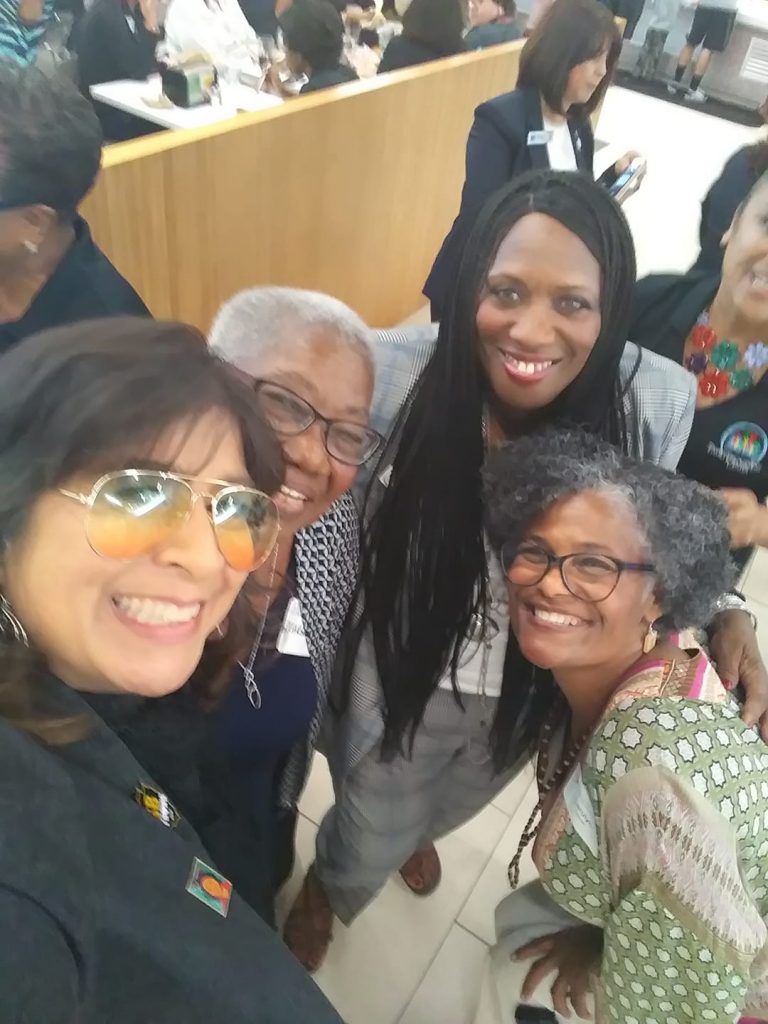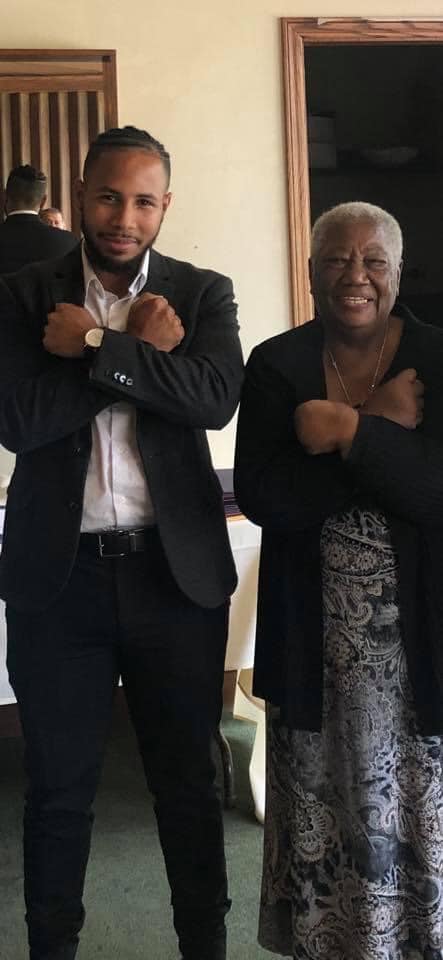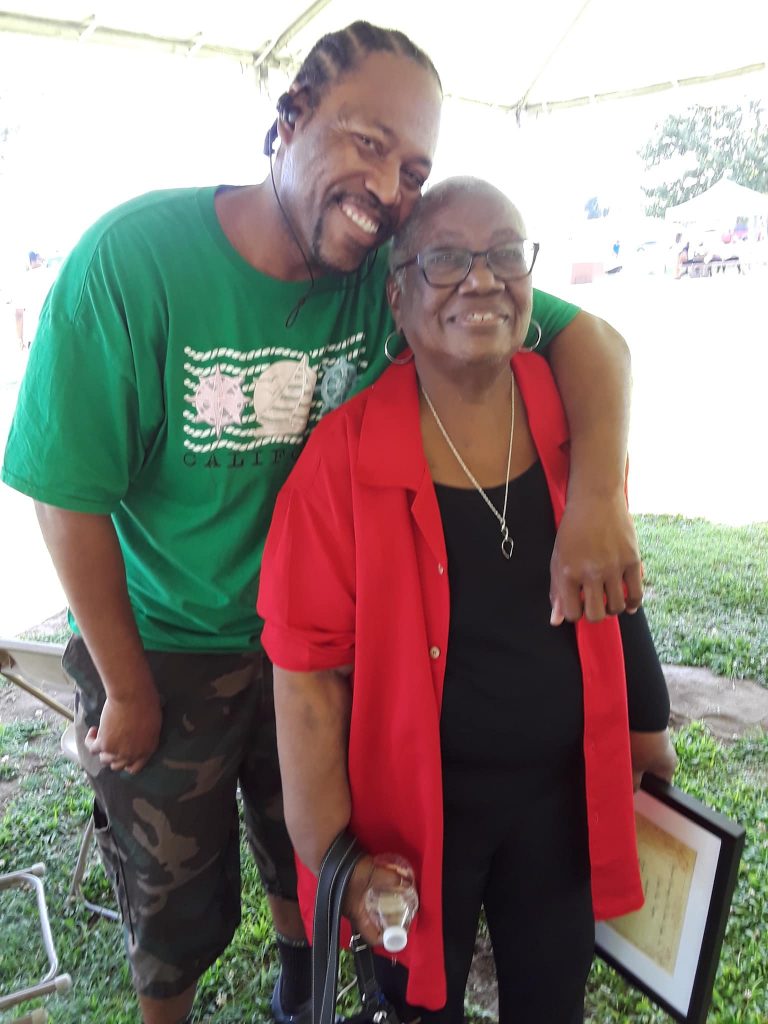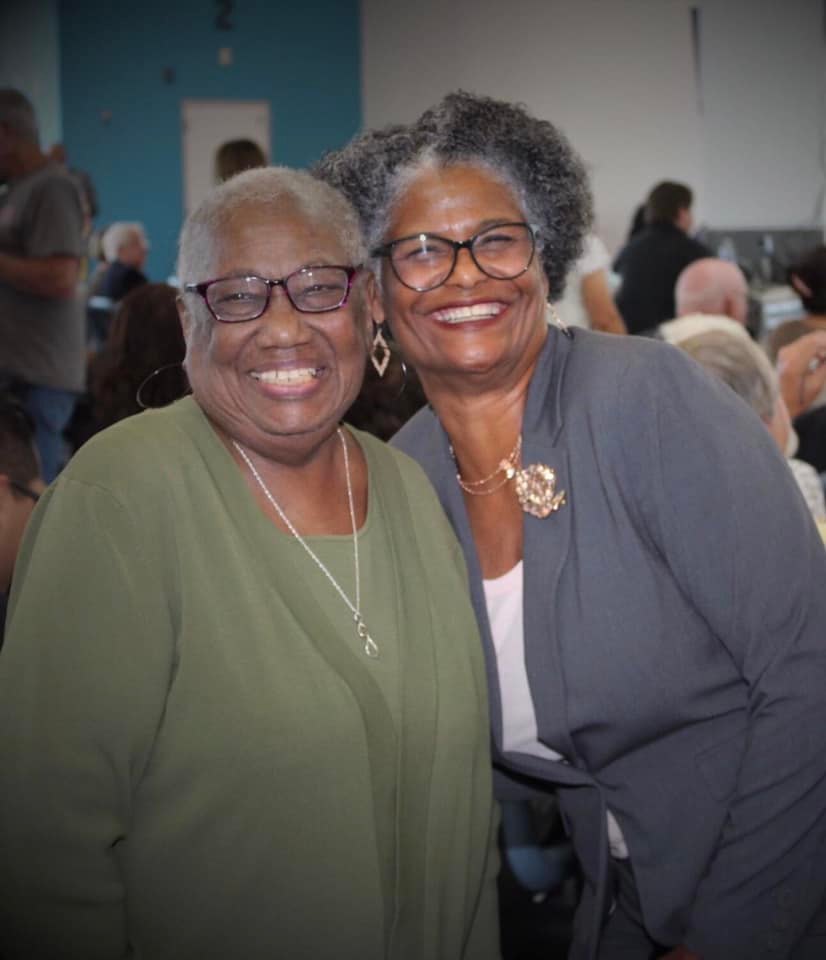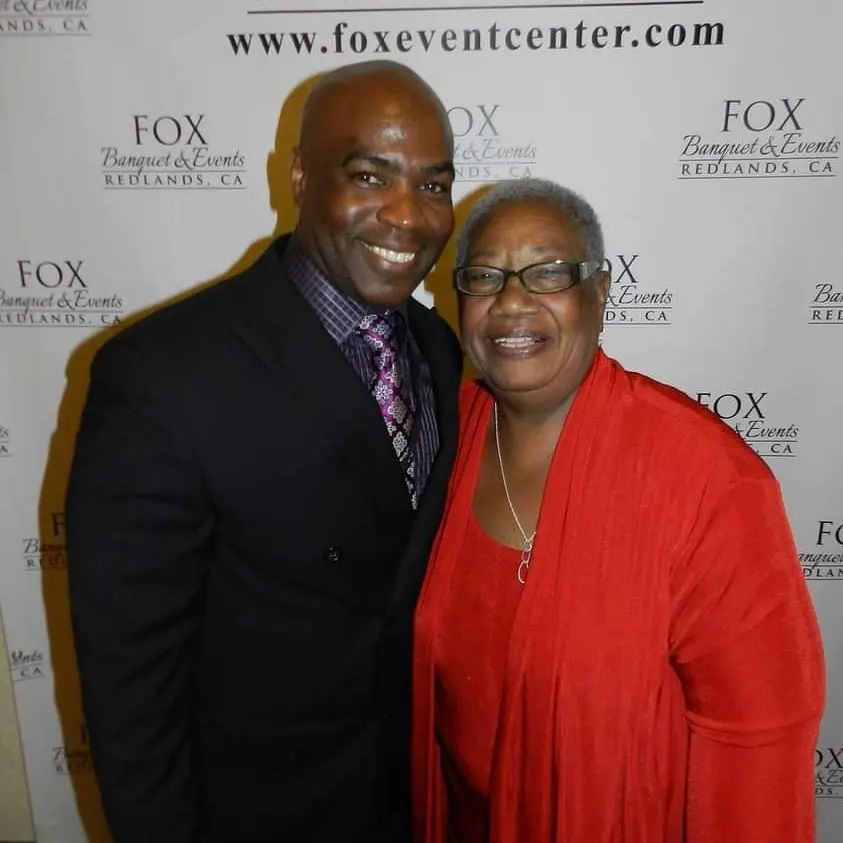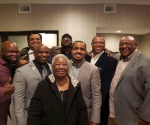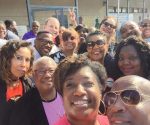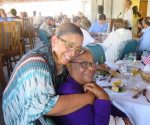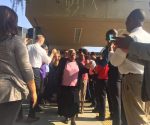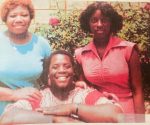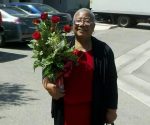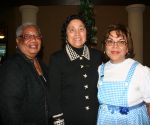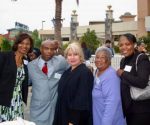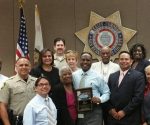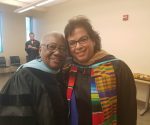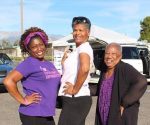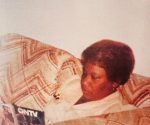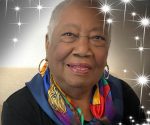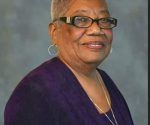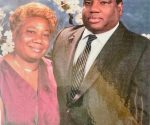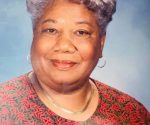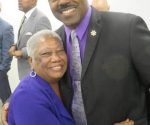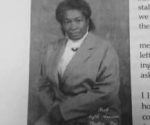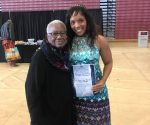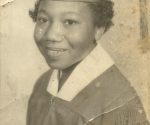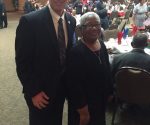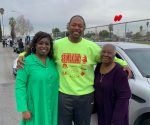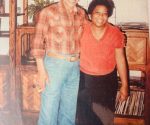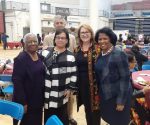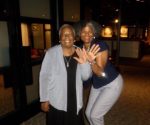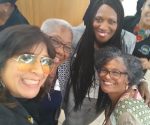The Community Honors and Remembers Dr. Margaret Hill
The love that was outpoured on social media this week for Dr. Margaret Hill was PRICELESS! She was a major influence and inspiration to many of all ages within the Inland Empire. Below are a few quotes and comments that were left across Facebook in remembrance of Dr. Hill.
Lea Michelle Cash: I am reading all the beautiful and loving tributes to our community Queen. I just can’t find words right now, it hurts too, too bad so thank God for photos. Like with many of you in our community, Dr. Hill and I took so many, many photos. As I go through my collection I stumbled on a few when she was sooooooo happy. We all were. Remember this day…..Just priceless.
Darrell Frye: I love you Dr. Hill — your legacy will forever live in my heart . I will honor you with my words and actions #wakandaforever
Eugene Weems: Dr. Margaret Hill I love you Beautiful. You always will be remembered, loved and honored. I will miss your Encouraging words and your Random calls to check up on me. Love You Kiss-Kiss.
Gwen Rodgers: I don’t know how to say goodbye right now because there are no words today or ever that can express the love and respect I have for my mentor, friend and community mother. So, I will simply say so long Queen Margaret Hill until we meet again. You were faithful to the end.
Troy McSwain: The McSwains and everyone at Beola’s are saddened at the passing of a lady that meant so so much to us. If you had the pleasure of meeting her then you know she was a very special lady loved by many. Lord you truly have an Angel… we will always love you Ms. Hill.
Bronique Martindale: Margaret Hill My Moma Hill. I’ve known this woman all my life . She was my mother’s Vice Principal in High School, but it goes so much farther than that. This woman supported everything I’d do. She encouraged my soul . Not many people can encourage the soul. I can’t believe she is no longer here with us physically. This was a woman that truly embodied the phrase an object in motion stays in motion . My heart is truly hurting. I do know that she instilled greatness in myself. I know that she instilled greatness in so many others. In speaking for my self I will continue to carry the mantle . I know there will be others that will do the same. I will continue to make you proud Mama Hill . I’m still in shock and disbelief. I just want to thank you for the matches time to turn them into flames. In casting away my flesh I can say I’m relieved to know that the sickness you fought can’t follow you into the gates of Heaven . Hallelujah !
Carolyn Tillman: …and now on to reward. We were so blessed and there is so much to be thankful for. She poured out her all for us. If you knew her, you know what I’m talking about. It’ll take centuries to figure out her magic. It will linger into eternity. What happy times we have to treasure. So many stories to share with each other after we cry our buckets of tears! For now, our sweet Ms. Margaret Hill is finally able to rest, shedding her earthly tent for an eternal house in heaven, not built by human hands. I’ll see my friend again, until then may she Rest In Peace.
Kim S. Scott: The village that molded me into the woman I am today stood on your shoulders. I was introduced to you through them at the tender age of 18 when I needed voices like yours and theirs the most and I am forever grateful! There are truly not enough words to describe just how powerful you are but even more importantly, how loving you were to each and every one of us. You made us all feel important and seen! Margaret Hill to say you will be missed is a complete understatement. I pray that we all pick up where you left and continue to run this race and fight the good fight, just like you taught us. Rest in Heaven!
Sending all my love and prayers to The Village and the City of San Bernardino!
Terrance Stone: This Angel has earned her wings Dr. Margaret you believed in me when nobody did… you are my hero and I love you.. you fought the good fight and one of the strongest people I know … a walking talking example of love and appreciation… If I had one wish it would be one more moment with you, one more conversation, one more hug from you … please watch over me from the heavens you will be missed you will be loved and you will never be forgotten. #EverybodyLoveMargaret
Gone from earth, but forever in our hearts!
 Westside Story Newspaper – Online The News of The Empire – Sharing the Quest for Excellence
Westside Story Newspaper – Online The News of The Empire – Sharing the Quest for Excellence
